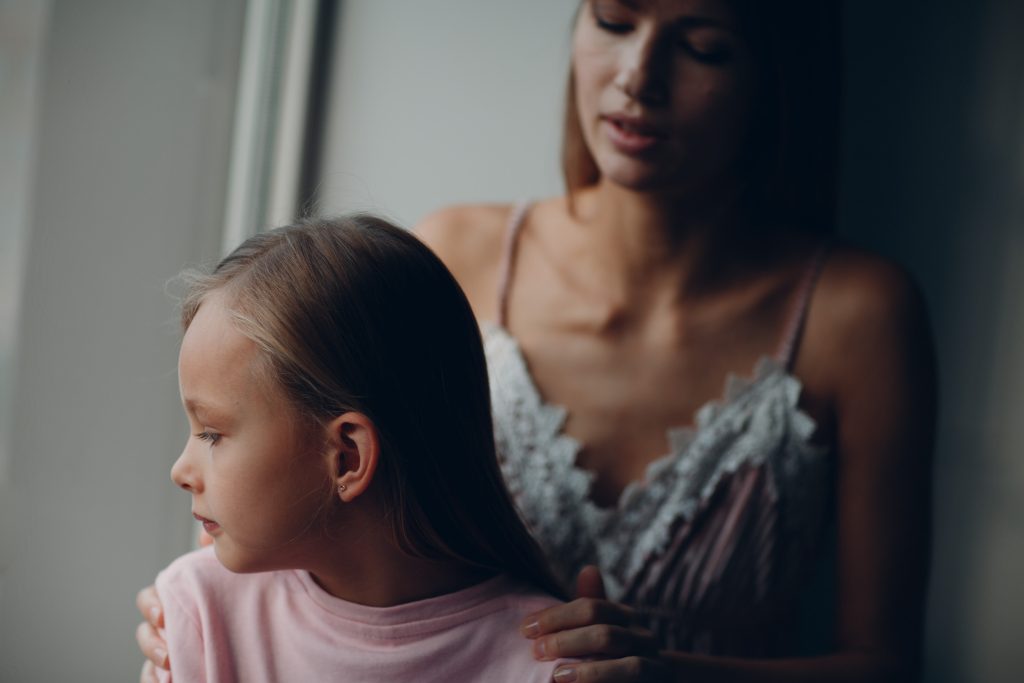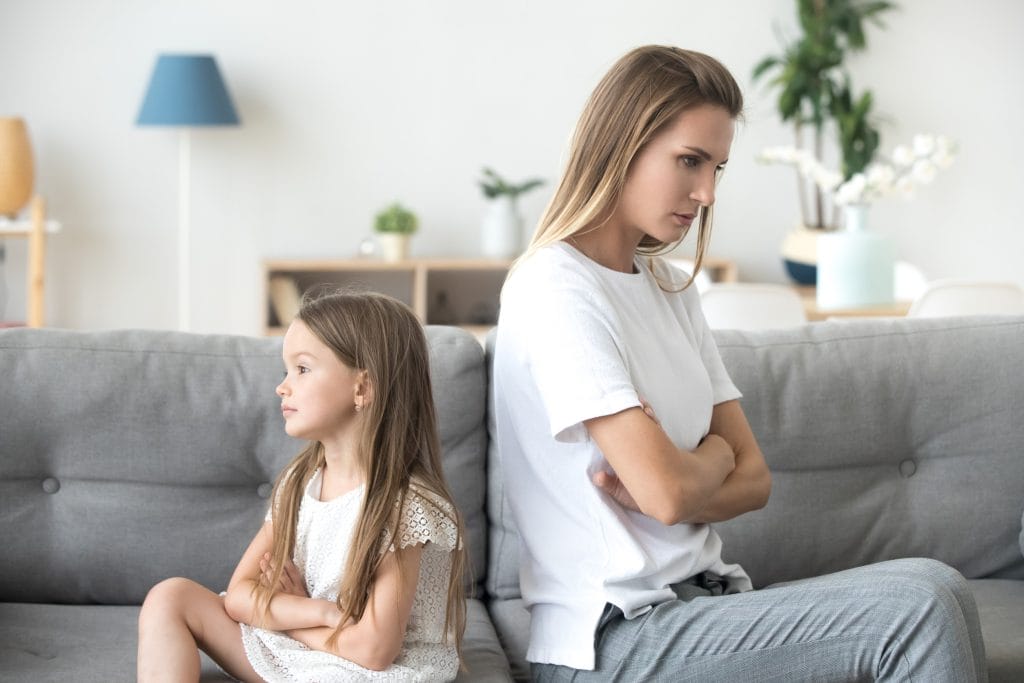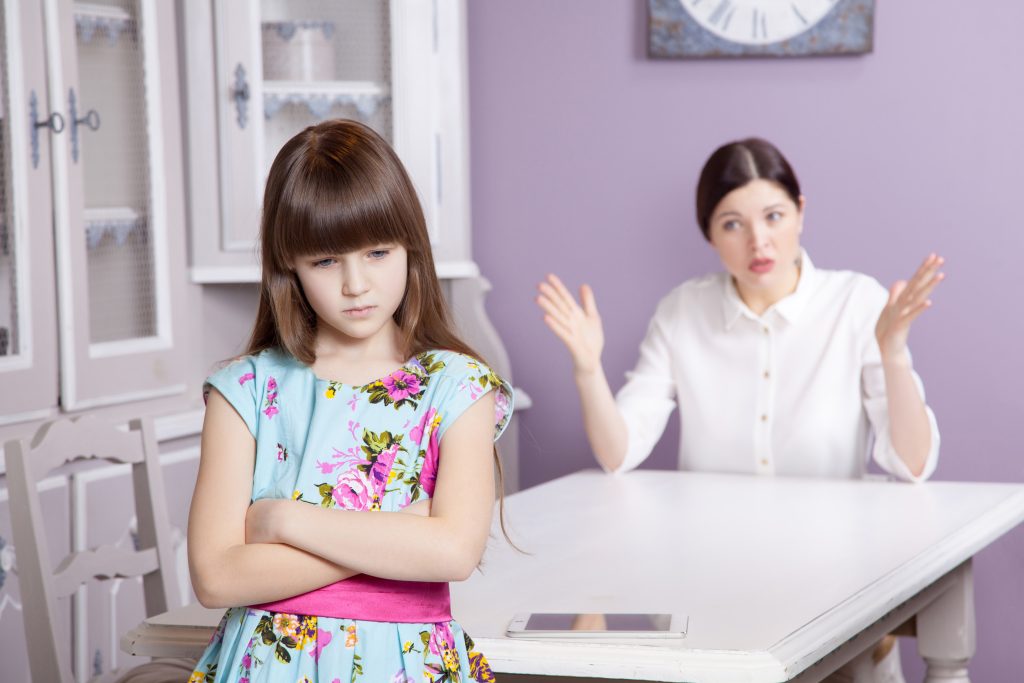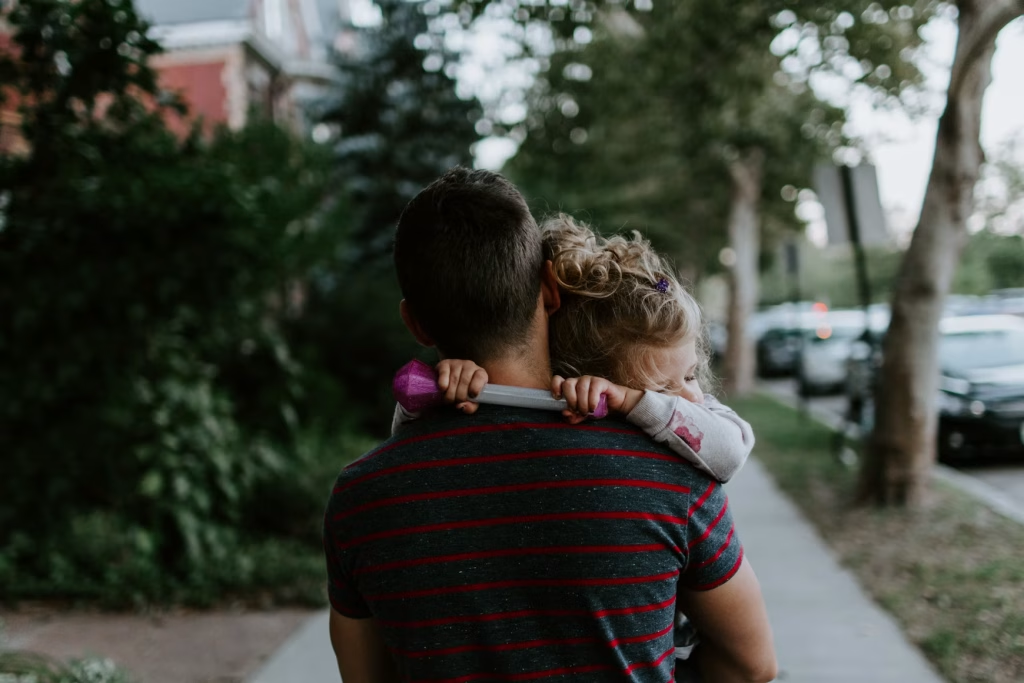
“Sleep when the baby sleeps” sounds like great advice—until you’re staring at a pile of laundry, bottles in the sink, and a body that feels like it’s been hit by a bus. New moms are bombarded with well-meaning suggestions, many of which feel more like myths than actual help. While the intention behind them might be kind, the pressure they create is anything but. Instead of comfort, these common phrases often leave moms wondering what they’re doing wrong when the reality is that motherhood just isn’t that simple. Let’s break down some of the biggest lies new moms are told—and what new parents really need instead.
1. “Sleep When the Baby Sleeps”
This classic line sounds like a dream, but it’s rarely realistic. Babies nap in short, unpredictable spurts, often leaving just enough time for a mom to sit down before being needed again. Meanwhile, there’s a mountain of responsibilities waiting—dishes, diapers, laundry, and sometimes, just eating. Plus, not every mom can magically drift off during the day, especially with postpartum anxiety or overstimulation. While rest is important, expecting moms to nap every time their baby does sets an impossible standard.
2. “Breastfeeding Comes Naturally”
For some moms, yes, breastfeeding clicks easily—but for many others, it’s a steep learning curve. From latch issues to low milk supply and pain, it can be physically and emotionally overwhelming. Add in the guilt that comes when it doesn’t go smoothly, and the pressure is intense. Moms need support, not shame, whether they breastfeed, formula-feed, or do a little of both. Feeding a baby is hard work, and there’s no one-size-fits-all approach.
3. “You’ll Bounce Back in No Time”
The obsession with moms “bouncing back” after birth ignores the physical and emotional toll childbirth takes. Recovery isn’t linear—there’s healing, hormonal changes, and adjusting to a brand-new role. Many moms don’t feel like themselves for months, or even years, and that’s completely normal. Putting pressure on new moms to reclaim their pre-baby body or routine immediately only adds to their stress. The truth? You don’t need to bounce back—you just need to be supported as you move forward.
4. “Enjoy Every Moment”
While well-meaning, this advice can feel like a guilt trip in disguise. Yes, babies grow quickly, but that doesn’t mean every moment is magical. Some are exhausting, messy, and emotionally draining, and it’s okay to not enjoy them. Telling moms to cherish every second can make them feel guilty for having a tough day—or a tough month. Love your baby, but also allow space for honesty about how hard it is.
5. “If You’re Doing It Right, It Will Feel Natural”
This phrase implies that struggle means failure, which couldn’t be further from the truth. Parenting is learned, not instinctive, and every baby is different. Even seasoned moms can feel lost with a new child. Navigating feedings, sleep, cries, and your own emotions is anything but easy. The learning curve is steep, and no one has it all figured out—certainly not right away.
6. “You Don’t Need Help, Just Trust Your Instincts”
Maternal instincts are real for some, but even for those that swear they have them, those instincts aren’t magical powers that solve everything. Suggesting that moms shouldn’t ask for help sets them up to struggle in silence. New parents need community, guidance, and breaks—not pressure to be a superhero. It’s okay not to know what to do and to rely on others. Parenting is tough work, and asking for help should be seen as strength, not weakness.
7. “You’ll Know Exactly What Your Baby Needs”
Sometimes a baby cries and you have no clue why—and that’s normal. It takes time to learn your baby’s cues, and sometimes there are no clear answers. New moms can feel overwhelmed when they don’t immediately “get it right,” especially if they were told they’d just know. There’s no shame in trial and error, calling the pediatrician, or turning to a baby book or online forum. Parenting is part intuition, part detective work, and part surviving until bedtime.
8. “Don’t Worry, It Gets Easier”
This phrase is often said to comfort, but it can also feel dismissive. Some things do get easier—babies start sleeping longer, routines develop—but new challenges replace the old ones. Comparing hard moments to some future easier time can invalidate a mom’s current struggle. It’s better to say, “You’re doing a great job right now,” and offer support in the moment. Moms don’t need timelines—they need empathy.
9. “Motherhood Is the Most Fulfilling Thing You’ll Ever Do”
Motherhood can be fulfilling, but it’s also exhausting, frustrating, isolating, and emotionally complex. Expecting moms to feel fulfilled all the time erases the moments when it feels like too much. Some days are magical; others are survival mode. It’s okay to love your baby deeply and still crave a break, adult conversation, or parts of your old self. That doesn’t make anyone less of a mom—it makes them human.
Let’s Start Telling Moms the Truth Instead
New moms don’t need unrealistic platitudes—they need honesty, support, and grace. Saying “sleep when the baby sleeps” oversimplifies a life-altering transition that’s anything but simple. The truth is that parenthood is messy, emotional, and different for everyone, and that’s perfectly okay. Instead of pushing myths, let’s normalize real talk and celebrate survival just as much as success. Because being honest about the hard stuff doesn’t make anyone a bad mom—it makes them a stronger one.
What’s a piece of advice you received as a new parent that turned out to be completely off base? Share your thoughts in the comments—we’d love to hear your story!
Read More:
10 Empowering Things to Teach Your Baby Girl from the Start
7 Tools to Use When Your Baby Won’t Sleep Through the Night
Catherine is a tech-savvy writer who has focused on the personal finance space for more than eight years. She has a Bachelor’s in Information Technology and enjoys showcasing how tech can simplify everyday personal finance tasks like budgeting, spending tracking, and planning for the future. Additionally, she’s explored the ins and outs of the world of side hustles and loves to share what she’s learned along the way. When she’s not working, you can find her relaxing at home in the Pacific Northwest with her two cats or enjoying a cup of coffee at her neighborhood cafe.







